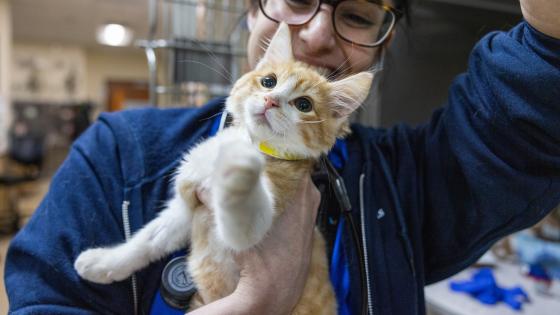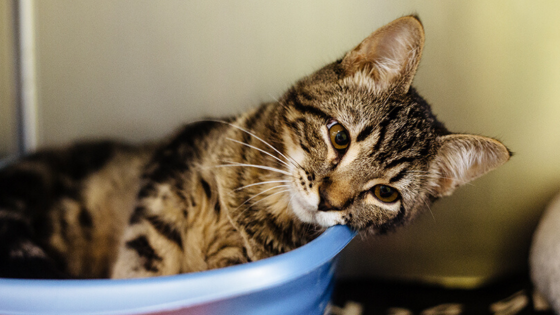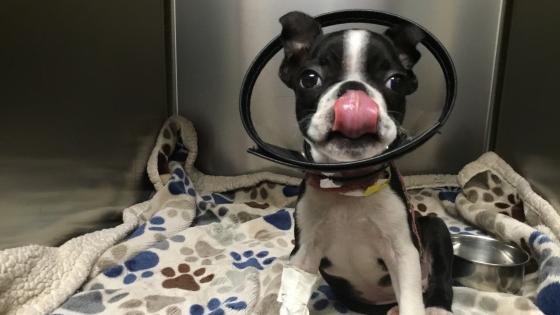Private Equity's Influence in Veterinary Medicine: DoveLewis Leadership's Perspective
DoveLewis is a nonprofit emergency animal hospital that has been serving the Portland, Oregon community for over 50 years. The hospital is staffed by highly skilled veterinarians and support staff dedicated to providing the best possible care to animals in need.
We recently sat down with DoveLewis Director of Community Engagement Tess Payne to gain a deeper understanding of the impact of private equity on animal hospitals. Private equity has become a hot topic in the veterinary industry, and its effects on organizations are not always clear. In this blog series, we will explore the subject of private equity in greater detail and provide insights into what it means to work for a privately owned clinic. Our goal is to provide a first-hand look into this topic and help veterinary professionals make informed decisions about their careers in veterinary medicine.
Private equity is becoming more and more common in veterinary medicine, and DoveLewis prides itself on being a local nonprofit organization. What does “no private equity” mean to you?
Being free from private equity at DoveLewis means we can operate with a suite of values as our guide rather than the pressures and demands of financial returns and profit-focused stakeholders. (It would be misleading to think that, as a nonprofit, we do not consider revenue. We do! DoveLewis is a business, so we must consider our financial health, but we’re not single-minded. Because we have autonomy from a paid board or investors, we can make decisions with our values in mind, considering the impact on our team members, our patients, our community, and our future.)
DoveLewis Values
Improvement: Continuous improvement is our oath to being better than ever. It’s about taking the necessary steps every day to be a better business. To be here when we are needed, whenever we are needed. To be better community partners, better listeners, and better providers of care at all costs. Because better care is the bottom line.
Community: Community engagement is our social contract for meeting the evolving needs of all the people and places we do business. That community is expanding as we expand our reach and diversify our offering. We understand that true engagement takes in as much as it gives and strives to give more than is asked.
Access: Access (always) is our commitment to being there; being available. Being open is about more than business hours; it is rather about being open to learning. Open to compassion. Available at all hours — always — for any critical procedure. And whenever support is needed most.
Responsibility: We are underscoring our promise to provide quality care to all who enter our doors. As a non-profit, we are measured differently. We invest more deeply in the care we deliver. This is our commitment to giving back: to care for people and our communities.
Empathy: Empathy begins before our first interaction. Because even before we can share what we know, or do what we do in caring for animals, we must care for people. This is for everyone who works here, every veterinary professional we support, and every client needing our service.
What advantages can being an independent clinic offer patients and the community?
Responsiveness! We serve the community that we live in, so we’re in tune with everything that affects it. From extreme weather to state legislation, we can respond quickly, finding ways for DoveLewis to fulfill its mission to the best of our ability every day.
Describe the decision-making process at DoveLewis. Can you share an example of when you brought a suggestion, concern, or desired change to the team? How was it received?
I have three unwavering answers when I tell people why I love working at DoveLewis.
- Everyone I’ve met is genuinely committed to the same mission.
- My supervisor values the importance of my personal growth.
- If you have a good idea and make a strong argument supporting it, you’ll likely be able to test it.
Two years ago, our Stray & Lost Animal Program was overrun. Local shelters and animal services had restricted receiving, leaving us as the primary resource for stray cats. While we could treat them quickly, we were able to transfer them to the shelters as soon as we were used to. We’re not a shelter, and we needed a solution for our stray patients as we worked on transferring them to adoption shelters. I recognized the problem and partnered with two team members to develop a proposal to pilot a respite foster program. We brought the idea to our senior leadership team and got approval to trial it!
As deep as the pockets are of some of our corporate competitors are, there’s nothing more valuable to me than knowing that I approach senior leadership and be heard, respected, and valued.
What is something you are looking forward to at DoveLewis in the next year? In the next five years?
I’m looking forward to next year simply because I’m back to working inside the hospital! Working from home is great, but I love sharing a space with people I normally wouldn’t interact with. This is one of the perks of being a local organization—everyone is actually here!
Five years from now, I’m eager to see how we’ve grown our community services. How will the financial aid endowment change how many families we’re helping? What partnerships are on the horizon? What is next that sets us apart? Time will tell!
Recent Posts
Spring Pet Safety Tips
With spring in the air, pet owners should be aware of potential seasonal hazards. While you enjoy the longer, warmer days, keep these tips in mind!




